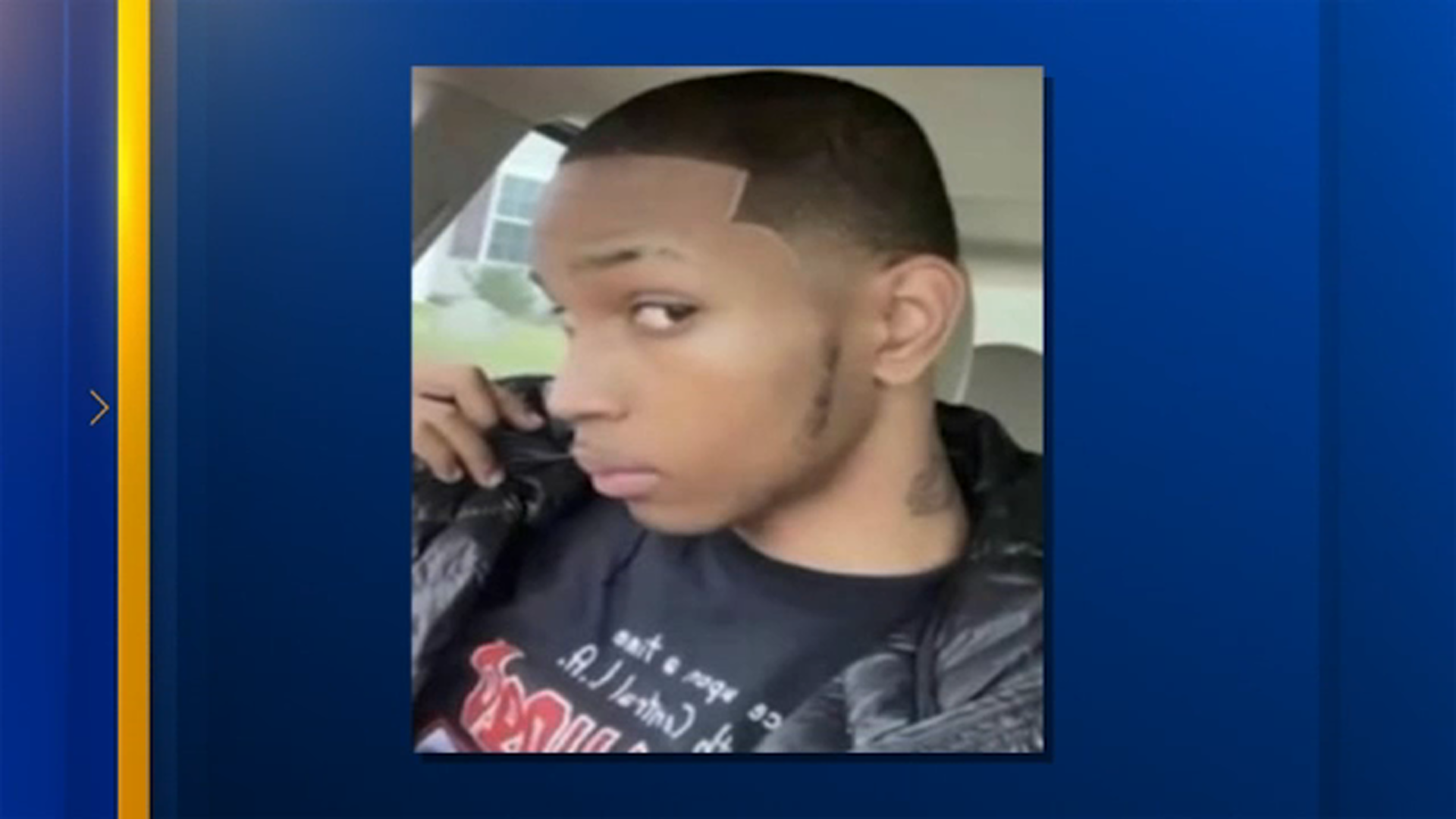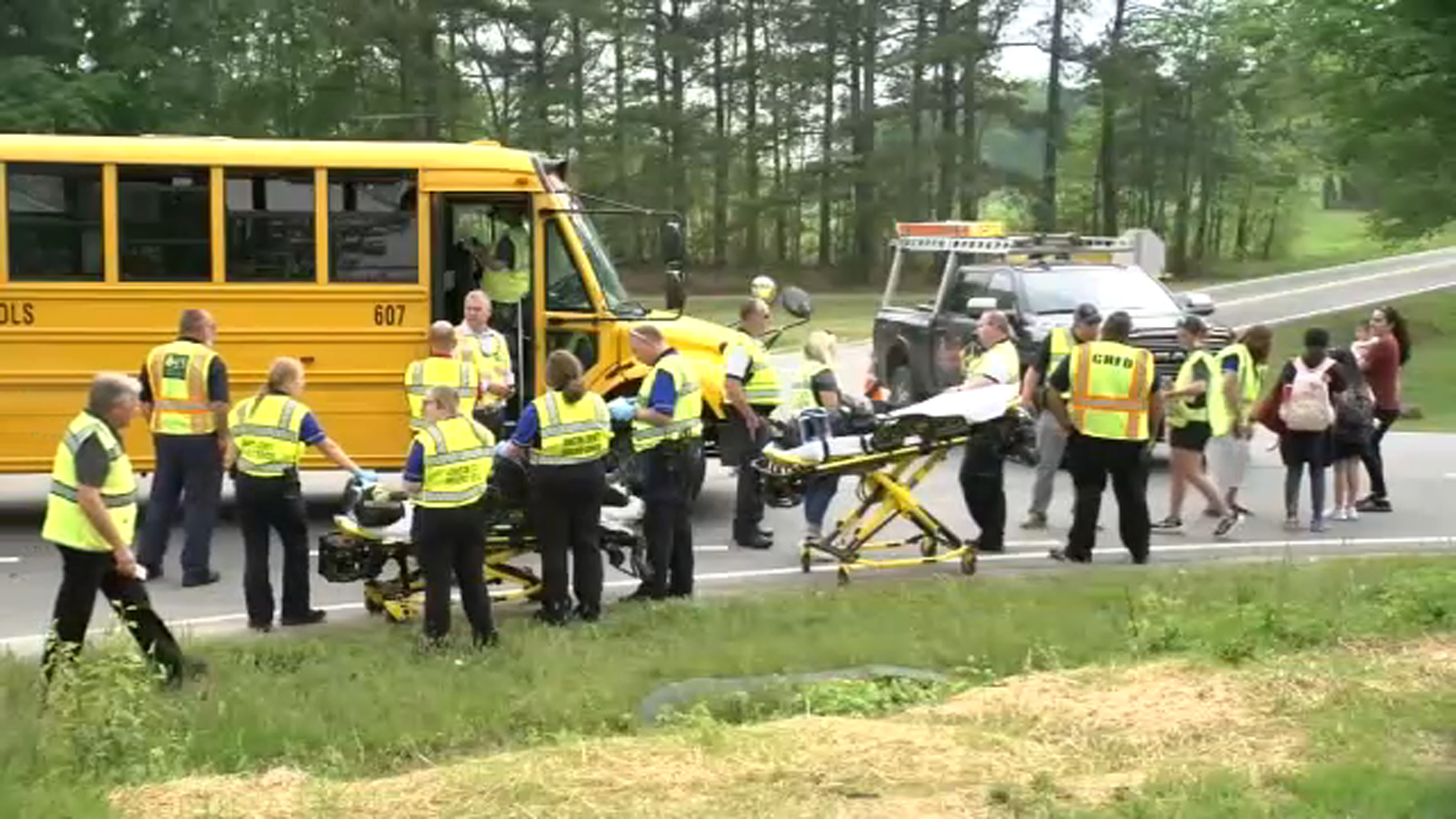NCAA President Mark Emmert finds Wainstein report findings 'deeply troubling'

CHAPEL HILL, N.C. (WTVD) -- NCAA President Mark Emmert spoke out for the first time Monday about the results of the investigation into academic fraud at the University of North Carolina. He said he found the results troubling, disturbing and shocking.
While Emmert said he would withhold final judgment until the NCAA completes its own investigation, the usually cautious former university president was downright blunt during a 20-minute interview with the Associated Press at its Indianapolis headquarters.
"Just based on the (Kenneth) Wainstein report, this is a case that potentially strikes at the heart of what higher education is about," Emmert said Monday. "Universities are supposed to take absolutely most seriously the education of their students, right? I mean that's why they exist, that's their function in life. If the Wainstein report is accurate, then there was severe, severe compromising of all those issues, so it's deeply troubling. ... It's absolutely disturbing that we find ourselves here right now."
North Carolina athletic department spokesman Steve Kirschner said the school would not comment on Emmert's remarks.
The report, authored by a former Justice Department official who conducted an internal investigation into the NCAA's own enforcement department scandal in 2013, was released last week. It detailed how academic fraud in the formerly named African and Afro-American Studies (AFAM) department went on for nearly two decades. According to Wainstein, the "shadow curriculum" involved more than 3,100 students - about half of whom were athletes.
Emmert's comments come the same day as UNC Provost Jim Dean met with the Faculty Athletics Committee for the first time. When Dean learned what the president of the NCAA had to say about the findings, he said, "Well it is deeply troubling and deeply disturbing so I agree with him."
In room 105 in the South Building on UNC's campus, Dean met with the committee for an hour long question-and-answer session. He started by sharing that he and fellow university leaders are unhappy, embarrassed and shocked by what the Wainstein report revealed. Several people have since been fired and now this week members of the faculty and athletics department asked Dean the tough questions, hoping to help prevent history from ever repeating itself.
"Once we got the report we were all looking for the holes, what haven't we done. And the Chancellor, with a lot of input, has set some directions for things that we can do. But in the time that we've had, we haven't had time for any in depth policy making," said Dean.
He reminded everyone in the room that while what the Wainstein report uncovered is terrible, it also showed the wrongdoing ended in 2011.
"We've put together, as I've mentioned in the meeting, a lot of new procedures and policies over the last three years since these activities came to light."
Those policies include changes in admissions protocol, watching out for any concentration of athletes in any one class and more consistent reviews of departments, something that was not done in the past. Now looking ahead Dean said Chancellor Carol Folt has been talking to Chancellor Randy Woodson at NC State.
"They have a particular mechanism for faculty to coordinate with athletics on questions on eligibility and she suggested that's something we may want to look into."
Another question asked at Monday's Faculty Athletics Committee meeting, was how the university is going to deal with students who have already taken the courses they were steered toward, the so-called paper classes.
"The university has a policy that at some point transcripts are frozen that they're not changed after that, so again, given that this ended several years ago for the vast majority of students, there's nothing really that will be done," said Dean. "For those students who have not graduated there will be a review and they will have offered to them the same thing that was offered to students who we already knew about. They have a variety of paths, they can take another course, we try to make sure that whatever happens that it doesn't really disadvantage them."
Other concerns brought to the table are on the athletic side, questions about how much should a coach be involved in an athlete's academics, to which many agreed can be a fine line. "You want coaches to be supportive of academics but you don't want them overly involved because of suspicion something might go wrong there," said Dean.
In the end, he and other university leaders hope any new policies will create an environment where it's hard to break the rules, while keeping the trust on the post-Waintsten UNC campus.





